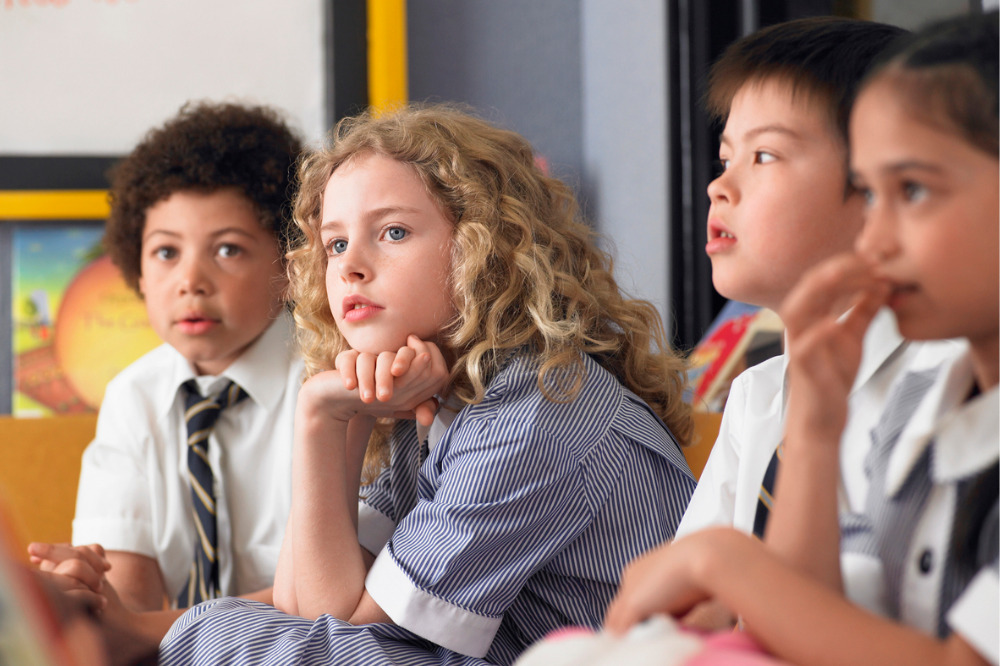
If new research is anything to go by, today’s young people could be the generation that drive some of society’s most important and meaningful changes.
The study, ‘Re-thinking historical consciousness in a pandemic: From commemoration to contestability’ from Western Sydney University (WSU) revealed a growing number of students are looking beyond traditional narratives at Primary and Secondary levels – especially when it is framed as challenging, relevant, and open to questioning.
Led by Dr Kay Carroll, Senior Lecturer of Education at Western Sydney University, a team of researchers set out to explore the significance of historical consciousness to young people in an early period of the COVID-19 pandemic. To do this, Dr Caroll and her colleagues used survey data from Australian school children aged 12–18 years, covering 678 students from all three school sectors nationwide.
What they found was telling.
Students were much less interested in traditional narratives of Australian history, such as the First Fleet and the ANZACS, than they were with Indigenous perspectives, learning about the Stolen Generations, and exploring history through refugee stories.
Additionally, 60% of students enjoyed and were confident with a more critical take on history – one related to learning to interrogate primary sources and deal with ambiguities and gaps in historical records.
Dr Kay said within Australia, the teaching of historical consciousness via the school curriculum is “highly politicized” and has obstructed students from taking a more critical view of history, and current events.
“Traditionally, school curriculum has reflected a narrative that defines Australian history has a series of political, military and economic linear events progressing from convicts, to colonists to capitalists,” Dr Kay told The Educator.
“Yet teachers within their curriculum construction, use of sources and inclusion of diverse perspectives have de-shackled this dominant discourse and challenged students to see the bias that removes the voices of different communities and listen intently to the stories and values that define who we are today.”
Young people are increasingly detecting, and avoiding, misinformation
Dr Kay said increasingly, young people in Australia are becoming “more curious, critical and ambitious to detect fake news and media sensationalism.”
“History teaching using different sources, forms of evidence and critical analysis, provokes young people to challenge the veracity and the perspective of new content in their worlds,” she said.
“When critical thinking and empathy come together in a young person the ability to hoodwink reality is seriously diminished.”
Moving forward, Dr Kay said schools should highlight the importance of historical consciousness in empowering students so they can drive meaningful societal changes now and into the future.
“Teachers can impact the future by assisting young people to see how they are positioned in time and space, and have agency in their own lives and the others. Teachers do this with rich historical inquiry in the classrooms,” she said.
“Inquiry is about asking whose story is this, how is this being told, who is absent and who has opportunity or power, and why is this important.”
Dr Kay said inquiry is also about thinking about how people are shaped by their values of diversity, difference, tolerance and social justice.
“Historical inquiry is actively promoted by 87% of teachers in this study, and as one teacher pointed out: ‘my students loved history as it is embedded into their everyday’.”


